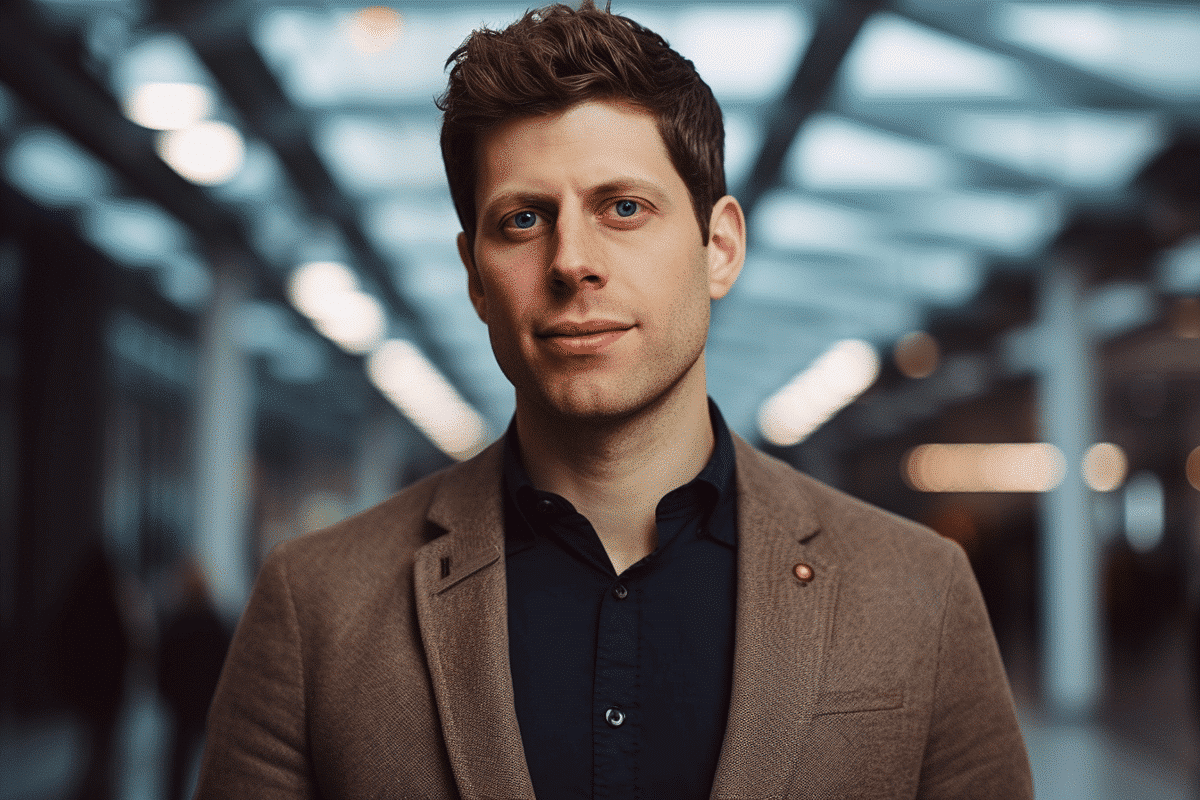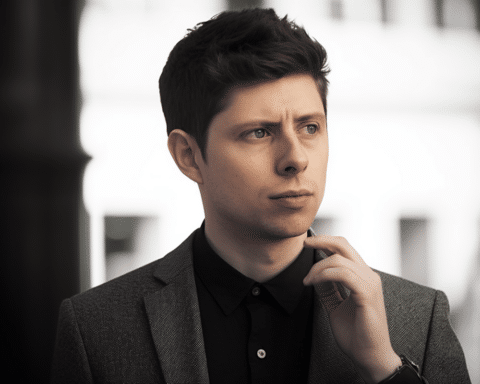Sam Altman, the CEO of OpenAI, has cautioned against relying on artificial intelligence (AI) for “life-or-death” decisions. Speaking at the World Economic Forum, Altman emphasized that despite the rise of AI, human beings will continue to play a pivotal role in determining critical outcomes in the world.
Altman, whose company is responsible for creating ChatGPT, a generative AI system, acknowledged the capabilities of AI but stressed that it is not suited for situations where human lives are at stake. He described AI as a system that is occasionally correct, occasionally creative, but often entirely incorrect, making it an unsuitable candidate for driving vehicles.
However, he noted that AI can serve as a valuable tool in various creative tasks, such as brainstorming ideas or assisting with coding. This distinction between AI’s strengths and limitations is essential for harnessing its potential effectively.
The World Economic Forum’s discussions this year have prominently featured AI’s impact on society, employment, and the global economy. The International Monetary Fund (IMF) recently projected that AI will influence nearly 40% of jobs worldwide, a transformation that will both replace and complement existing roles. However, there is concern that this shift may exacerbate income inequality on a global scale.
During the same panel discussion at Davos, Marc Benioff, CEO of Salesforce, supported Altman’s perspective. Benioff argued that AI should not replace humans but rather augment their capabilities. He cited the example of a Gucci call center in Milan, where the introduction of Salesforce’s AI software led to increased revenue and productivity as employees incorporated AI into their customer interactions.
Both Altman and Benioff stressed the importance of regulating AI systems to mitigate potential existential threats posed by the technology. Altman commended the awareness of AI’s downsides and the ongoing conversations surrounding its responsible use, noting that it is essential for AI developers and organizations to uphold high ethical standards.
In addition to his insights on AI, Altman briefly mentioned a New York Times copyright lawsuit against OpenAI and his unusual experience of being temporarily fired and then quickly rehired by the OpenAI board in November, which he described as “so ridiculous.”
As AI continues to reshape various aspects of society, leaders and experts are increasingly considering the ethical, social, and economic implications of this technology. While AI offers tremendous potential, discussions like those at the World Economic Forum underscore the need for responsible development, deployment, and regulation to ensure that AI serves humanity’s best interests.




